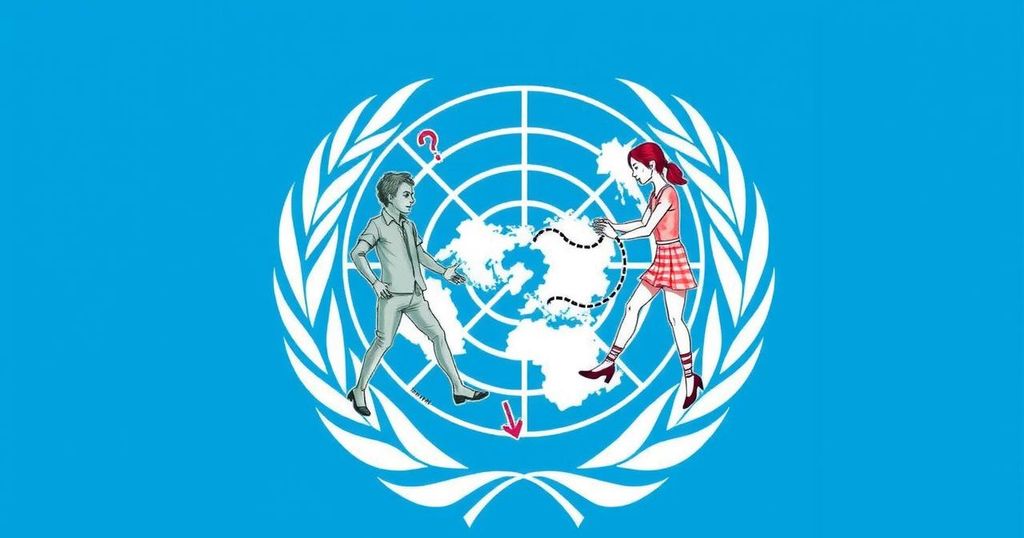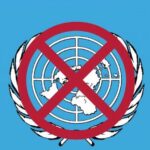Politics
ARGENTINA, ASIA, AZERBAIJAN, BAKU, DONALD TRUMP, EUROPE, FOREIGN POLICY, INTERNATIONAL RELATIONS, ISRAEL, MA, MAURICIO MACRI, MILEI, NETHERLANDS, RICHARD SANDERS, SANCTIONS, SOUTH AMERICA, TRADE RELATIONS, U. N, UN, UNITED NATIONS, WOODROW WILSON INTERNATIONAL CENTER FOR SCHOLARS
Dante Raeburn
Argentina’s Controversial UN Vote Against Gender Violence Resolution
Argentina’s recent ‘no’ vote at the UN against a gender violence resolution, led by President Javier Milei, isolates the nation internationally and signifies a dramatic shift towards right-wing policies. Criticism from various political factions highlights concerns about the potential erosion of social gains and the direction of Argentina’s foreign relations under Milei’s administration.
In a surprising development, Argentina has become the sole nation to vote against a United Nations resolution aimed at combating violence against women and girls, a move that has drawn widespread criticism across the political spectrum. This vote took place against the backdrop of President Javier Milei’s administration, known for its significant shift towards far-right policies. Previously aligned with liberal global norms, Argentina’s vote is viewed as a stark departure from its historically progressive stance on social issues. Milei’s administration continues to adopt contentious positions on the international stage, consistent with his broader ideological transformations, which resemble those of former U.S. President Donald Trump. Critics argue that Milei’s unilateral decision to oppose the resolution reflects an aggressive cultural agenda and an isolationist foreign policy that could jeopardize Argentina’s long-standing international relationships. Lawmakers from various parties condemned the vote, labeling it a disgrace and an embarrassment for the country. As Milei engages in cultural battles and eliminates key ministries associated with women’s rights and environmental protection, significant scrutiny continues to mount over how these policies align with Argentina’s economic and political commitments on a global scale.
President Javier Milei, who assumed office in November 2023, has pursued drastic foreign policy shifts that attract international attention and criticism. Known for his libertarian economic ideology and skepticism towards progressive social policies, Milei has fostered relations with other far-right leaders like Donald Trump. His administration’s actions, particularly concerning women’s rights and climate change, are seen as a break from Argentina’s tradition of championing social justice. The recent UN vote against a resolution on gender violence marks a significant departure from Argentina’s historical commitments and raises questions about the nation’s future role within global institutions.
The recent decision by Argentina to oppose a United Nations resolution condemning gender violence signals a notable shift in the nation’s foreign policy under President Javier Milei. This move, coupled with various controversial domestic policies, underscores a broader rejection of established social norms in favor of a far-right agenda. As critics voice their alarm over potential repercussions for Argentina’s international standing, support for Milei’s approach remains divided among the electorate. How this trajectory will impact Argentina’s economic and diplomatic relations remains to be seen.
Original Source: abcnews.go.com








Post Comment